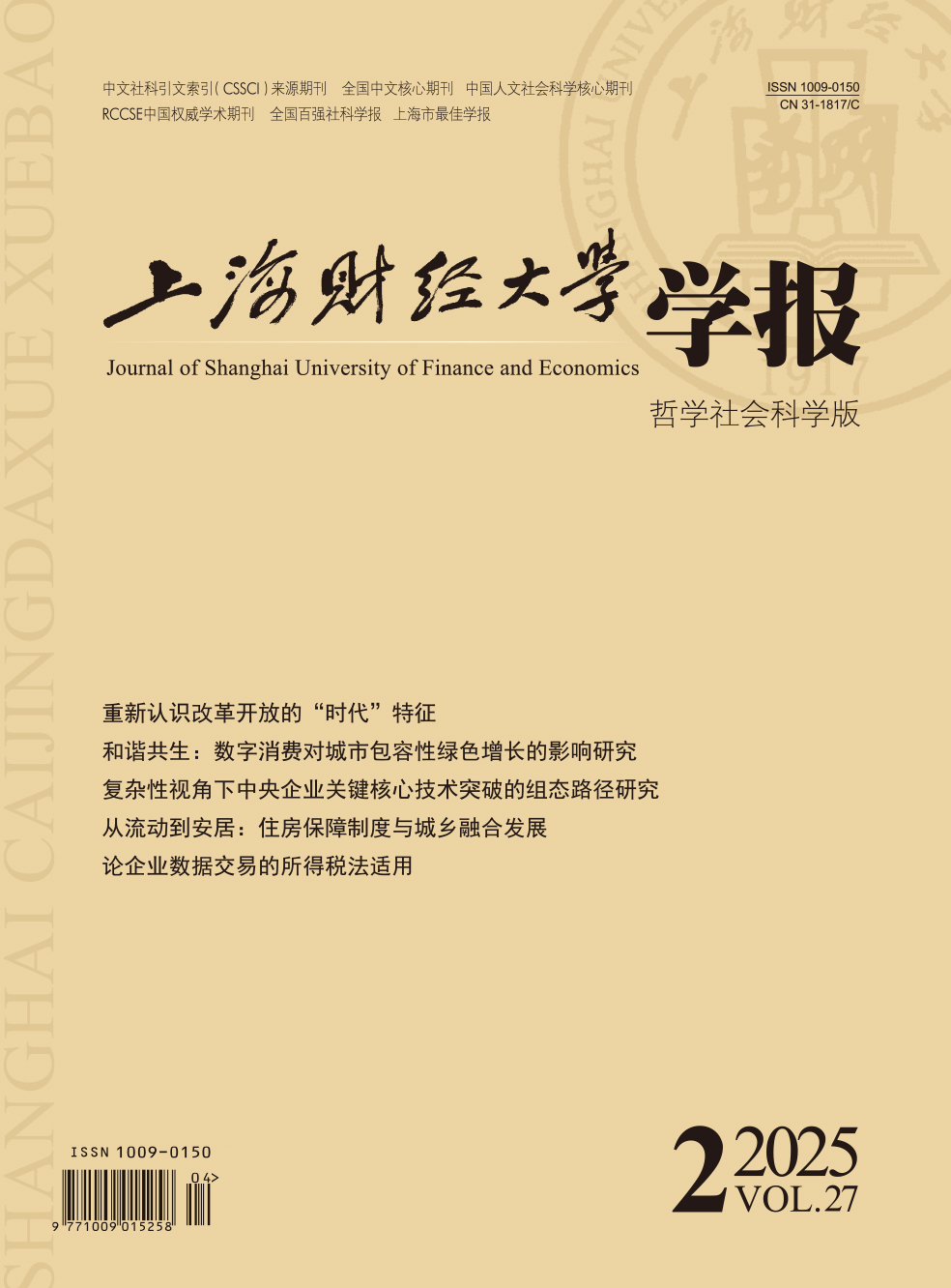Auditing is an important part of the external supervision system of state-owned enterprises. Strengthening the synergy of national audit and social audit is an inevitable requirement for playing the role of auditing supervision and improving the effectiveness of state-owned enterprise supervision. Based on the synergy theory, taking Shanghai and Shenzhen A-share listed companies over the period of 2007-2017 as the sample, the study empirically tests the impact of national audit on the excessive debt of state-owned enterprises and the synergistic mechanism of national audit and social audit. On this basis, the study further builds the national audit BDSF analysis framework, and deeply explores the realization mechanism of national audit to reduce the excessive debt of state-owned enterprises.
The study finds that national audit is beneficial to reduce the excessive debt of state-owned enterprises, social audit is beneficial to reduce the excessive debt of state-owned enterprises, and national audit and social audit play a synergistic effect in reducing the debt of state-owned enterprises. The conclusion is still valid after the robustness test and excluding the influence of supply-side structural reform policy. Further research shows that expanding the scope of national audit supervision, improving the realization of national audit objectives, strengthening the exercise of national audit authority and increasing the continuous supervision frequency of national audit are conducive to reducing the excessive debt of state-owned enterprises. In order to make rational use of national audit resources and reduce the excessive debt level of state-owned enterprises through full audit coverage, national audit institutions should give priority to expanding the scope of national audit supervision objects, sub-optimally increase the intensity of national audit “supervision”, and once again increase the frequency of continuous national audit supervision. Finally, we should consider strengthening the national audit “supervision” and the depth of national goals
This study enriches the research on the influencing factors of state-owned enterprises’ over-debt and the effects of national audit supervision, expands the theoretical boundary of the synergistic supervision of national audit and social audit, and provides a theoretical basis for the national audit institutions to promote the full coverage of state-owned enterprise audit and reduce state-owned enterprises’ excessive debt. The conclusions are conducive to effectively integrating the audit resources by the Chinese government, improving the effectiveness of national audit and social audit in the synergistic supervision of state-owned enterprises, promoting supply-side structural reforms, and reducing excessive debts of state-owned enterprises. And the conclusions are also conducive to the national audit institutions to integrate social audit resources; especially under the circumstances that it is difficult to achieve full coverage of the audit of state-owned enterprises due to the limited national audit resources at the present stage, it is conducive to the national audit institutions to formulate reasonable audit implementation strategies for state-owned enterprises, maximize the effectiveness of audit supervision, and reduce excessive debts of state-owned enterprises.





 3881
3881  4570
4570

